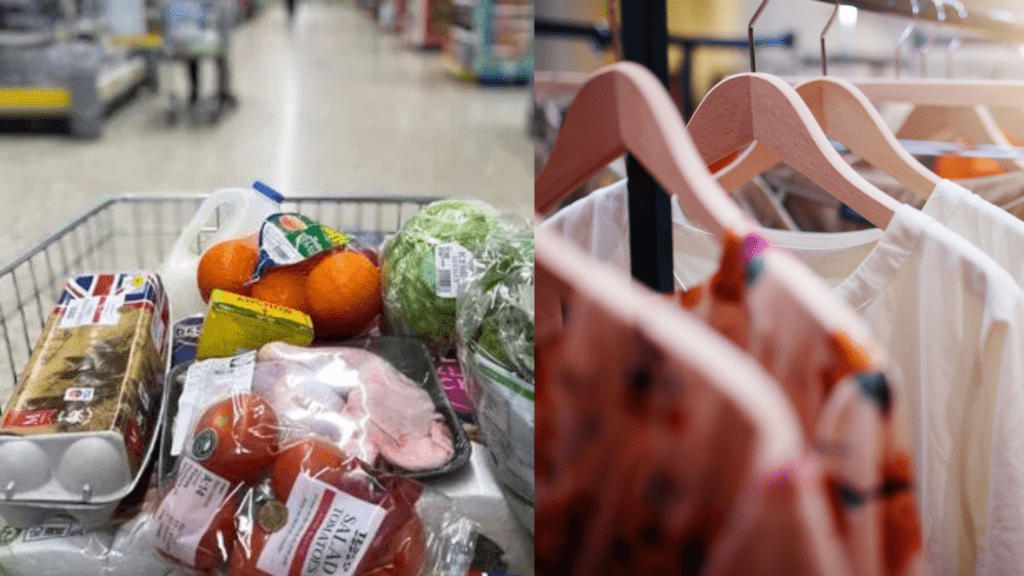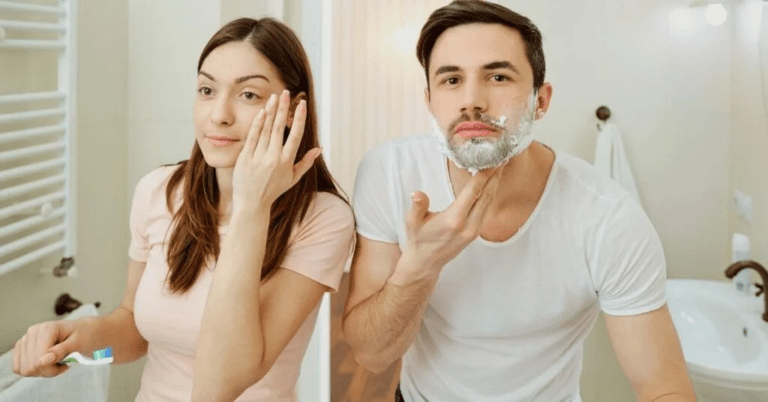Why Retail Therapy Is More Popular Than Ever

In a world filled with constant stress and pressures, the urge to splurge is universal, transcending age, income, and gender. A recent survey by Deloitte found that nearly 80% of people worldwide made at least one indulgent purchase to lift their spirits in the past month. However, only 42% said they could actually afford such splurges, highlighting the emotional need for comfort that drives retail therapy. So why do so many of us splurge, even when we know it might not be the most financially responsible choice?
Splurge Spending: A Global Phenomenon
Deloitte’s global survey, spanning 23 countries and over 114,000 adults, revealed that the desire to treat oneself transcends income levels. In the U.S., splurge purchases were reported by 71% of low-income consumers, 79% of middle-income consumers, and 84% of high-income consumers. Even though higher-income individuals spent more on indulgences, the emotional satisfaction they derived from spending was similar across income brackets. According to Deloitte’s research leader, Justin Cook, the sheer volume of splurging across demographics was both surprising and revealing.

Credits: business matters magazine
The Psychology Behind Retail Therapy
Retail therapy is more than just acquiring things—it’s about meeting emotional needs. According to consumer psychologist Chris Gray, spending can reveal hidden emotional needs, often providing temporary relief from stress, loneliness, or sadness. Food and beverage splurges, for instance, play a significant role in many people’s emotional lives. Gray explained that food offers comfort, self-soothing, and even social interaction, making it a go-to indulgence for many. Whether it’s ordering comfort food or trying new flavors, food serves as a shared experience, bringing people together in ways that go beyond just nourishment.

Men Are Splurging, Too
Another interesting insight from Deloitte’s study is that men are just as likely to splurge as women—and they tend to spend more when they do. The common stereotype of women as the primary emotional shoppers is dispelled in this survey. Deloitte found that men, especially in categories like premium spirits, spent around 40% more on their splurge purchases compared to women. Psychologists suggest that men may use shopping as a way to fulfill emotional needs they can’t openly express, often making indulgent purchases that align with social status or personal validation.

Spending by Category: Food, Fashion, and Beyond
The study also uncovered how splurge spending differs by category. While food and beverage splurges were the most common across all income levels, the spending habits diverged significantly in areas like fashion and personal care. High-income consumers spent an average of 70% more on personal care products and 76% more on clothing and accessories than their middle-income counterparts. These higher-end indulgences are often driven by emotional factors, such as the desire for self-expression or status.

Splurge Spending: Comfort or Escapism?
The motivation behind splurge purchases is often linked to comfort and stress relief. Though the concept of “revenge spending” emerged after the pandemic, suggesting that people were making purchases to compensate for previous deprivation, the true motivation seems to be more positive. According to Gray, retail therapy provides a break from the daily grind, boosting mood and providing a sense of control. Splurging isn’t necessarily about escaping reality; it’s about taking a moment to recharge and feel better, making it a much-needed form of self-care.
Conclusion: The Positive Side of Splurging
Ultimately, splurge spending is more than just a fleeting pleasure. It’s an emotional release that allows people to experience comfort, satisfaction, and even a sense of connection. Whether indulging in food with friends, splurging on clothing for self-expression, or treating oneself to luxury personal care products, retail therapy remains a universal and deeply personal experience. While it’s important to maintain balance, there’s no denying that, in times of stress, a little splurge can go a long way in boosting our moods and helping us navigate life’s challenges.






